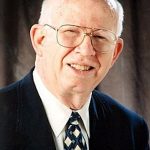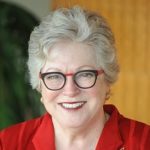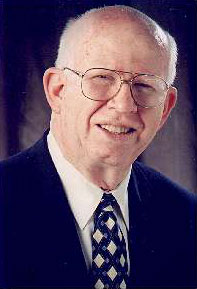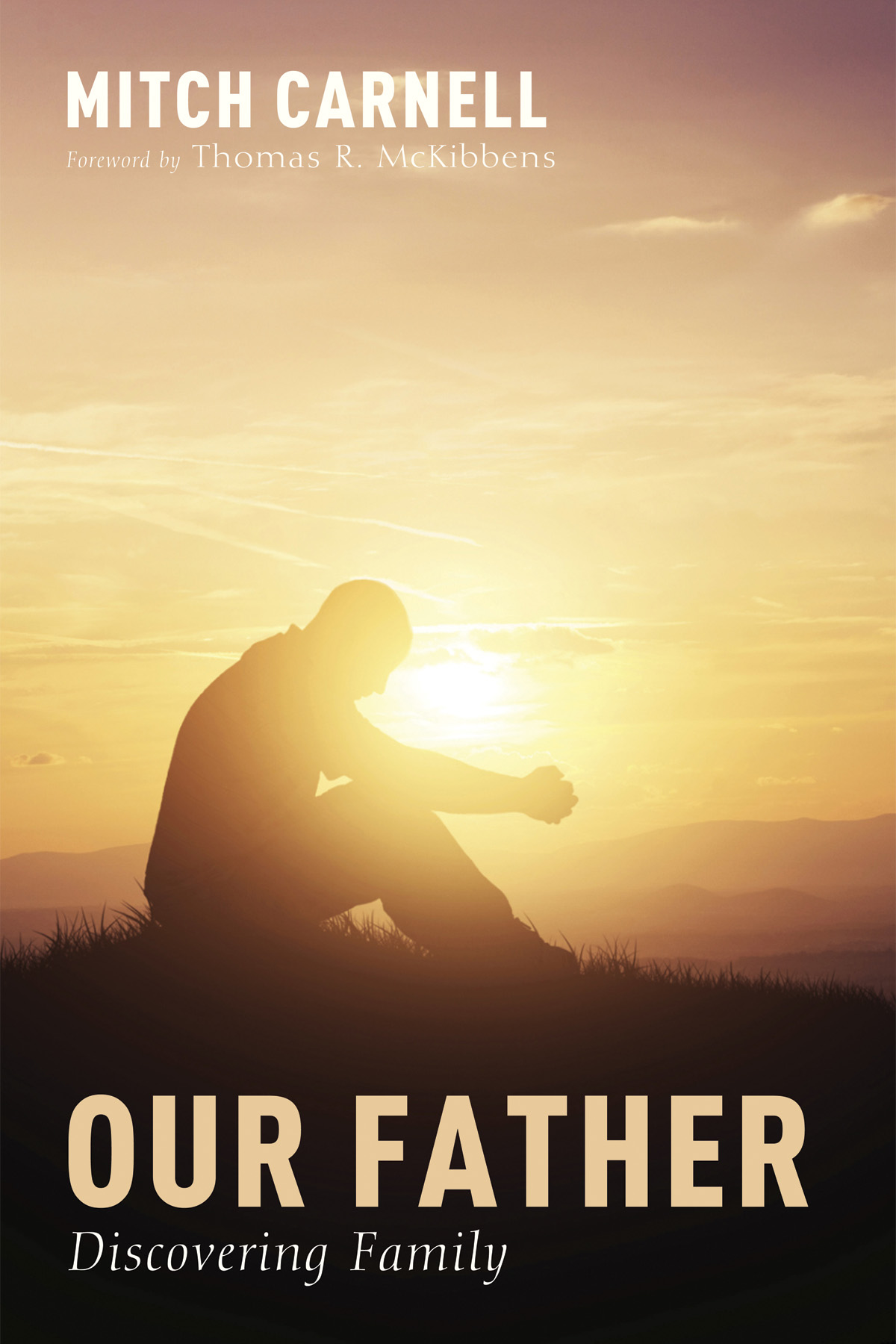By Mary Lee Talbot
Deep theology and humorous asides characterized the sermon by the Rev. Raphael G. Warnock Sunday at the 10:45 a.m. morning worship service and sermon. “If I were at Ebenezer [Baptist Church] this morning, I would say, ‘Let the Church say, Amen,’ ” Warnock said. The Amphitheater congregation responded “Amen,” and he said, “Y’all did pretty good.” The title of his sermon was “Our Father in Heaven,” and the selected Scripture was Luke 11:1-2 and Matthew 6:9a. The “Lord’s Prayer” will be the subject for his sermon series this week. Warming up the congregation, Warnock said that he was grateful to be back at Chautauqua and talked about trying to describe Chautauqua to his friends. “I tell them about the programming that goes on, the friends I have met and the lively conversations, but none of this captures the place. The best I could come up with is that Chautauqua is a vacation for nerds.” He continued, “What am I going to talk about? I am not at Ebenezer — I am at Chautauqua, so I am going to talk about 10 to 15 minutes. I am going to talk about the Lord’s Prayer, specifically the first line, ‘Our Father in Heaven.’ ” Warnock characterized the prayer as the great prayer of the Christian faith, taught by Jesus at the request of his Disciples. It is prayed across all denominations in all nations. “This is the ‘Abba Father’ prayer that reveals an intimate relationship with God. God is not far from any of us; we pray to Dad, Daddy, ‘Yo, Pops.’ God is not far from us,” he said. “Father” is not a reference to maleness but to the parent- hood of God, he said. God is spirit, and any anthropomorphism can’t contain God. “ ‘Our Father’ points to and about God; God as protector and provider,” he said. “This is not maleness or patriarchy but closeness.”
Warnock said that many Christians recite the Lord’s Prayer but do not really hear it — memorize it, but don’t know what it means. Sing it, but “do we really mean it?” In Luke’s Gospel, Jesus is praying, and the Disciples ask him to teach them to pray. “This was simple but significant. Whatever they saw arrested them and they would not let go of it. Of all the things they saw Jesus doing, they asked to learn how to pray,” he said. Jesus’ Disciples witnessed a lot, he said. They saw Jesus take two fish, a loaf of bread and open a fish shop and bakery and feed the multitude without charging them a penny, but they did not ask Jesus to teach them that. “Jesus took spit and dirt and made contact lenses in less than hour, but they did not ask him to teach them that,” War- nock continued. “Jesus healed lepers and the lame, walked on water and, at a wedding, made plain water blush into wine. “They witnessed all that, that we would bottle and sell for a dollar, but they would rather Jesus teach them to pray,” he added. “They asked Jesus for that ‘thing that makes you do what you do when you do that thing.’ ” Warnock noted that Jesus’ Disciples often looked two steps behind and bumbling in the Gospels, but here they were onto something. They wanted to learn where Jesus got his power.
“Prayer in the human breast is the breath of God coming into us,” he said to the congregation. “It is deep calling to deep. It is a text message with the eternal. It is antivirus soft- ware, prayers enables us to be who God is calling us to be. “Jesus deliberately began his prayer with ‘Our Father in Heaven,’ ” Warnock said. “He could have begun with ‘my father,’ but ‘our father’ guards us against a narrow, individual parochialism and chauvinism. We are all God’s children no matter where we are born. “We are overwhelmed by hyper-connectivity yet we are isolated from one another,” he continued. “What used to be ‘ours’ is now ‘mine.’ Four people sit in a car, each talking to someone else. Everyone in the house has their own TV, computer, iPod, iPhone, email. We used to take group photos at weddings and graduations. Now, we take selfies of ourselves — by ourselves. “We used to watch Tom Brokaw. Now, on YouTube, we have our own channel broadcasting stuff no one should have to see. We are foolish to think we can do the faith thing by ourselves,” he told the congregation. “This is not the perspective of the Gospels. Faith is personal, but not a private journey. If you really want to be a Christian, then you have to hang out with other Christians because grace can only flourish when you meet the ungracious; healing only comes from hurt; strength comes from struggle.” Warnock continued, “God is our authentic connector to each other. We have to reach up to reach out beyond our comfort zone. God does not hang out inside your box. You may possess God, but you don’t own God. You may possess a husband or wife, but you don’t own him or her. You may possess a house, but if you pay a mortgage you don’t own it. Just try missing a payment or two and find out the bank owns it. Your name may be on the life insurance policy, but cash it in and your name is not on the list of beneficiaries. “God is bigger than individual churches, denominations or traditions,” he continued. “Jews do not recognize Jesus as the Messiah; Muslims don’t recognize Jews as the only chosen people. Protestants don’t recognize the Pope as their spiritual leader, and Baptists don’t recognize each other in the neighborhood liquor store. God calls us to transcend our own tribalism — the particularities of our own traditions.” Warnock recalled a conversation he and Robert Franklin had with their waiter at the Heirloom Restaurant at the Athenaeum. He asked the young man what he wanted to do with his life. The waiter said his mother was in law enforcement and he thought he might go into law enforcement.
“Dr. Franklin asked him, ‘How about going to law school?’ It had never occurred to him yet here were two men responding to the talent he so obviously possessed.” Warnock continued, “God is bigger than our whole imagination and looks beyond our needs. God dreams dreams for us until we dream them too. I am so glad that I have a God I can call and not talk to the secretary’s secretary. God still answers when we are disappointed. This is the God of the universe, and you are in the company of the God who refuses to be without you. “If the ‘our’ in the prayer means community, and the ‘father’ means intimacy, then heaven means sovereignty,” Warnock said. “Heaven is not a geophysical place. It is not an eschatological category. The one who is in charge, the one who we can call father or mother, is in charge.” Warnock said that young boys in his neighborhood, wrestling with each other, would pin each other, and then “ask each other this profound theological question, ‘Who’s your daddy?’ and the response had to be: ‘You’re my daddy.’ ” “Life may have you in a headlock,” he continued. “You may have a problem you are trying to figure out, and God is asking you this theological question, ‘Who’s your Daddy?’ ” The God who created exnihilo, who moves the ocean currents, who makes the planets march to the drumbeat of eternity, who makes the rain fall on the just and the unjust, is the one who is asking, Warnock said. “Are you here all by yourself, all alone, struggling for your own self, or do you have cosmic companionship? You have a friend — Our Father in Heaven.”













